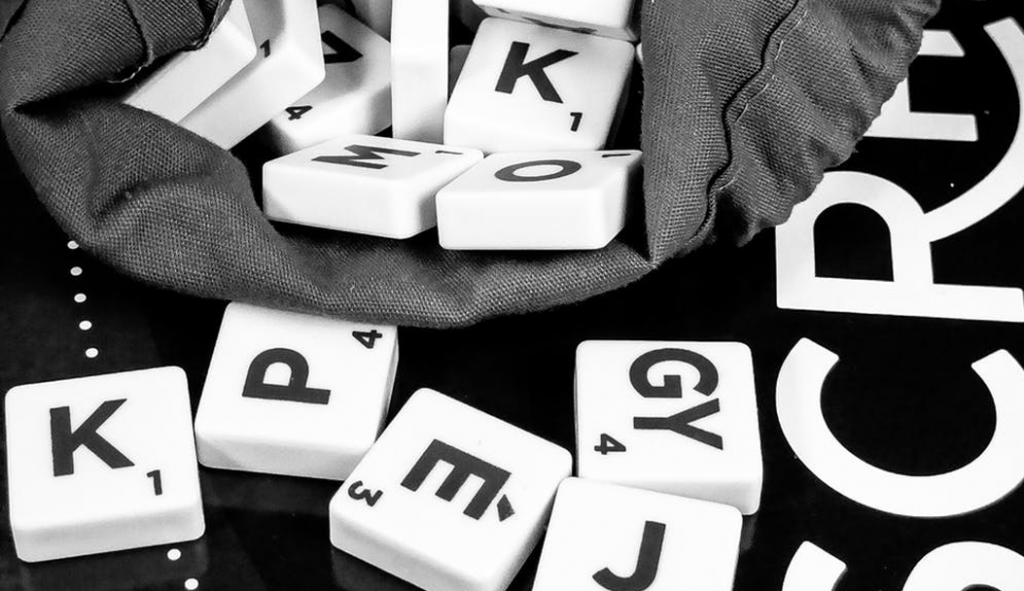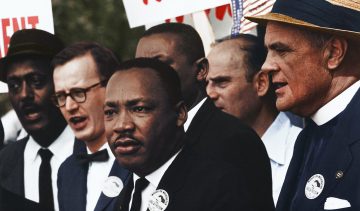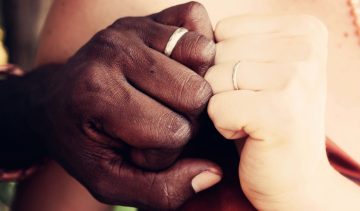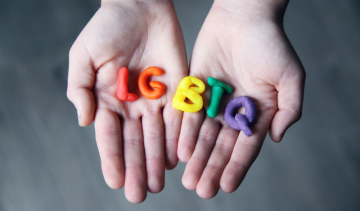Life is one big struggle, and sometimes it is a puzzle. There are problems that, after enough effort and figuring out, are solvable; and there are problems that, no matter how hard you try, are insolvable.
Belief in solvability
Our culture has a immutable belief that every problem has a solution. We have an infinite trust in technology and our capacity to reason, to tackle every problem and bring it to a solution. Indeed, we are capable of many things! There are innumerable techniques and treatments that rid the world off problems. The thought that there are also unsolvable problems in life, is unpalatable for most of us. We just cannot accept that.
Psychic trouble
If you have a physical ailment, you visit a doctor. Similarly for ones mind. If you have a psychological problem, you visit a psychologist or a psychiatrist. Together you solve your problems with the right medicine, techniques and therapy – that is the common opinion. There are after all many successful treatments for the most of us, but maybe not for all?
Sometimes you, unfortunately, keep wrestling for the rest off your life. You go in and out of therapy without any solution in sight. That does not have to be a terrible thing. It does ask for a change of attitude towards ailment, problems and solubility. By adopting a different attitude to life, it is possible to learn to live with inevitable problems. Self knowledge, ownership, curiosity and acceptance are some of the healing aspects of that attitude.
My life philosophy
Learning to live with an unsolvable problem in your life is not an easy thing to do. It demands not for a different treatment, but for a change in perspective and attitude. We can get inspired by the myriad of self-help books and by many of the ‘new’ spiritualities like buddhistic acceptance, taoistic surrender or religious deliverance. In my opinion, everybody needs to investigate and determine for themselves which of the wisdoms are of any meaning in order to realize a healing attitude to life.
The attitude that I try to reach is one of a ‘tragic wrestler’. Out of my philosophical insights I try to live with the idea that life is as it is, as is my psychic condition, without falling in the demeanor of a victim. It is as it is, and with that I have to work it out. It is not, therefore, a form of passive acceptance – that would be a drama, not a tragedy. A victim is opposed to a tragic hero: instead of externalising cause and guilt, the hero takes himself seriously and takes ownership of his whole life – he says ‘Yes’ to his life wholeheartedly with al its trouble and misfortune. A victim would say ‘No’ and give up irrevocably. The hero chooses and tries again.
My endeavour
I aim to keep trying again and again, but not against better judgement. I know that I cannot compare myself to ‘normal’ people. I know I cannot run a marathon with one leg. I am appreciating my limits. Through this philosophical attitude I learn to know how high I can and want to put the bar. Time and again I ask myself: is this really what I want? By thinking about the value of things, I have a better understanding of what I do and do not want to aim at. More than often I will let myself be guided by what I find important, by what is meaningful for me and not by what society demands of me.
This attitude implies that I love myself, even when I hate myself. I try to stay fascinated by myself and keep asking about myself, about how my mind works, how my life has come to be like this. I find that interesting and worthy of studying. It is my life, anyway.
But, alas, more often than not do I falter. Regularly I am in err and take a nosedive. Then I hate myself and curse this life. But then, then I take a pause, suck it all in, think about it and try again to live with myself. Tragic wrestling is a continuous falling, thinking and getting up on my feet again.











